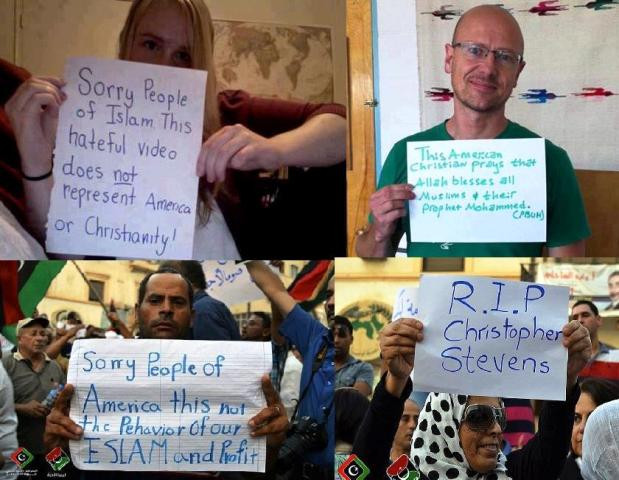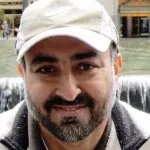“Putter ji, batti uthay balo, jithay hanaira howay”
(Son, light a candle where it’s dark).
You didn’t want your students to go abroad after completing medical school. You wondered what difference we will make in America, where, compared to Pakistan, there were abundant doctors; where there was so much light.
I left, however, as I had no choice, sir. Yet you had a point ─ a point that haunted me whenever I earned a new degree, another publication, or an accolade.
For years, the praise of my patients from New Jersey reminded me of the prayers of my patients from Old Anarkali. Mothers in America reminded me of my own mother in Pakistan.
“Is she waiting to see a doctor while her own son is treating patients in a foreign land?” I thought.
In healthcare, though, rationalisation comes fast. I quickly realised that regardless of who my patients were – a Pakistani boy, an American woman, a Spanish farmer, a Jewish rabbi or a transgender atheist – the face of pain and suffering is the same.
A plethora of enlightened doctors serving in our small community hospital, however, were an affirmation of your statement. It was all light, until one day two planes crashed in the World Trade Centre and pockets of dark ignorance about Islam and its Prophet (pbuh) started emerging in America. TV, radio, magazines, books, and the anonymous walls of the internet succumbed to a dark attack on my Prophet Muhammad’s (pbuh) character. Some were suggestive, others were direct.
Suddenly, light and darkness had new meaning to me.
Pakistan was illuminated and dark. It was illuminated with the love of the Prophet (pbuh) by virtually everyone (I refuse to believe that any Pakistani willfully commits blasphemy against him), regardless of religious sect or affiliation. Yet, it was dark with the atrocities committed against innocent citizens in the guise of blasphemy laws.
America was dark and illuminated. Dark, in places, with a barrage of hostility aimed at the Prophet’s (pbuh) character by many twisted individuals; yet it was illuminated with the notion of free speech for all.
I know why people don’t confront the darkness of blasphemy laws in Pakistan – they’d be killed. But it beats me why a huge majority of the three million plus American Muslims would remain indifferent to this darkness of true blasphemy in the US.
There is no justification for violence; none whatsoever. American Muslims could use their freedom of expression in a responsible fashion to light a candle, yet you won’t see even 300 Muslims peacefully protesting against such planned attacks.
That comes across as a double standard, sir.
Are Muslims wrong in Pakistan or are we wrong in America?
Sir, I am happy to report to you that on this topic, my friends and I are lighting candles of mutual understanding in America. It was not possible for us to witness one sinister attack on our Prophet (pbuh) after another and do nothing. We are busy educating the American masses about the exemplary life of our Prophet (pbuh) by writing for the newspapers, giving courses on Islam in colleges, and most importantly, by trying to emulate our Prophet’s (pbuh) character of love, humility and forgiveness.
I know a majority in Pakistan dislike America, but this is a great country. The masses are truly magnanimous. I have seen them teary-eyed as they hear the stories of our Prophet’s (pbuh) character.
I admire you, sir Dr Faisal Masud. I have worked with world’s top notch physicians in America, but I have not seen a teacher and clinician of your calibre. Shine on Sir and keep telling your current and future medical students to light a candle in the dark but please don’t stop them from exploring the earth. There are pockets of darkness everywhere.
Read more by Faheem here or follow him on Twitter @Faheem
Join us on Facebook for blog updates and more!



COMMENTS
Comments are moderated and generally will be posted if they are on-topic and not abusive.
For more information, please see our Comments FAQ